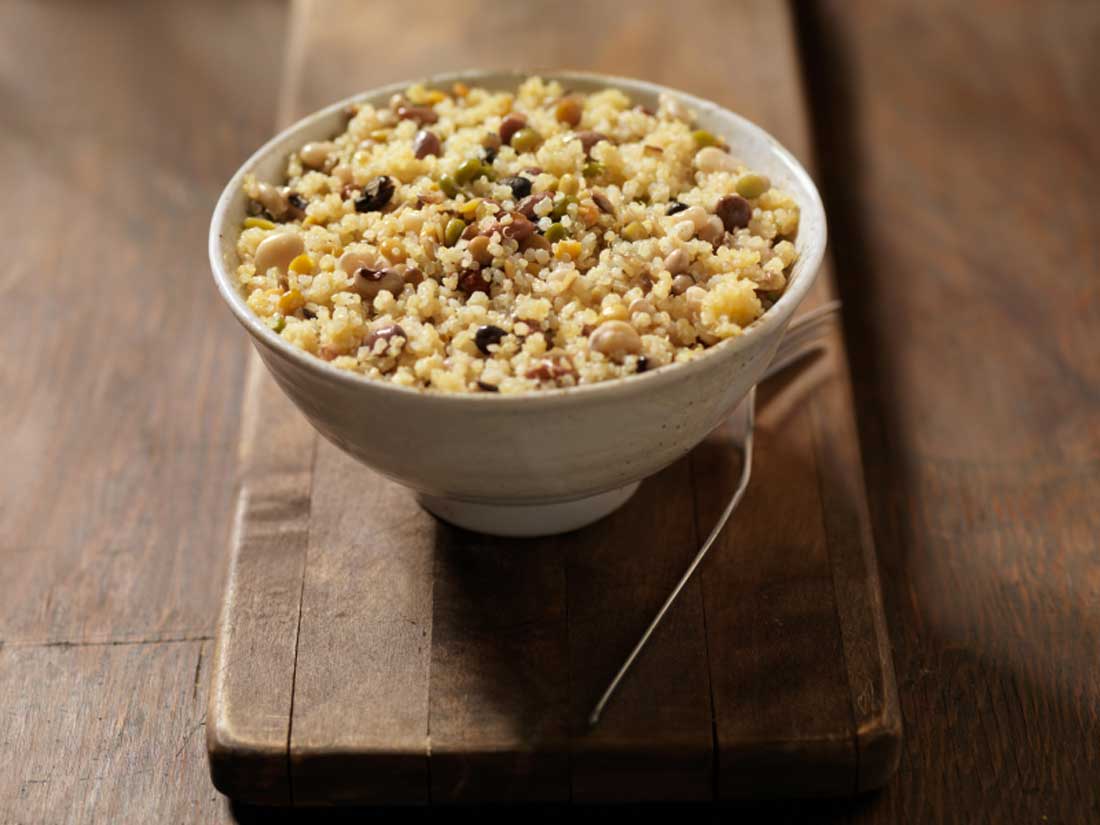Into my Google Reader account popped this Korean acne-diet study. The researchers investigated the effect of dietary glycemic load (GL) to acne.
They put 17 acne patients on a low GL diet and another 15 acne patients on a control diet. Here’s the composition of the low GL diet:
- 45% of energy from low GI carbohydrates
- 30% from fat
- 25% from protein
That diet is very similar to what I recommend people to start with, so I’m happy to see my recommendations validated.
People in the control group were asked to eat more carbohydrates, but mostly they maintained their normal diet.
Results
Here are the results the low GL group got.
- Acne severity dropped 27%
- Non-inflammatory lesion count down by 28%
- Inflammatory lesion count dropped by 29%
- Sebaceous gland size reduced by 25% (indicating reduced sebum production)
- Inflammation in the skin reduced by 40-50% (depending on the marker measured)
In pretty much all the measurements the low GL group did better than the control group.
OK, these results aren’t groundbreaking. About 30% reduction in acne severity and pimple count is great, but it’s a far cry from getting completely clear. This isn’t that surprising given the limited scope of this study.
- The study period was 10 weeks. The researchers noted, and I agree, that had the study been longer the results would have gotten even better.
- The study focused on glycemic index as a factor but ignored other dietary factors, such as dairy, allergic effect of foods, etc.
- The low GI treatment diet still included lot of grains and other potentially problematic foods.
- Diet is just a part of the solution. Acne is also affected by stress, gut health, sleep patterns and external skin care. So you can’t really expect to get perfect results with diet alone.
In conclusion, nothing that new here. This study just adds to the evidence that diet does affect acne. And that you should treat acne with both internal (diet and lifestyle) and external means.



Hey Seppo, I wanted to ask… Eating a diet that consist of
50-60% Protein
40% Carbs
10-20% fat
Can that have any effects on the diet part regarding acne? Thinking over what I eat.. I eat mostly meat and fish and then some potatoes/rice here and there.. With fat coming only from my fish oil supplements and my coconut oil which I use to cook with.. Should I change it or?
My guess if you aren’t eating anything close to those macro ratios. To get the percentage of protein that high you would need to eat protein powders or other forms of purified protein. Most likely the proportion of fat is much higher and protein quite a bit lower.
It was just a wild guess, I only wrote 50-60% protein because my diet consist mostly of meat and fish and such throughout the day.
any idea on how to increase fat intake?
I’m not sure you have to eat more fat. Meat and fish already have quite a bit of fat.
Well.. then I don’t really know how to decrease my protein intake then? I mean On your other posts regarding the fat vs carbohydrate, you recommend eating
41% carbs
40% fat
19% protein
Or that’s the diet that showed most results but… How can I eat a low carb diet if most of my food intake comes from carbs in that list??
I don’t quite understand what’s troubling you. Where’s this obsession with changing macro ratios coming from?
The most we can say at the moment is that reducing carb intake and eating more protein and fat is likely to be good for your skin, but I wouldn’t get hung up on macronutrient ratios. Just eat less of carb foods and more fat and protein foods.
Is the problem that you don’t know what to eat? Or do you believe that you can get better results by tweaking the macro ratio in your diet? Or what’s troubling you?
Well.. It’s both I guess, I mean I don’t know if it’s something I’m imagining but it’s like my skin always gets oilier after I eat my standard meals of the day so I figured that I maybe had to tweek my macro ratio in order to avoid it. 😛
Probably your imagination 🙂
It’s really difficult to estimate how much oil your skin produces. If you are struggling with what to eat, then ask Google for low carb or paleo recipes. You should be able to find plenty to eat.
I suppose so. :p But it also did confuse me a bit regarding the macro ratio, I mean on the fat vs carbohydrate hormone page. You mentioned that the reduced carbohydrate diet consisted of 41% carbs but I did not understand how that is a low carb diet if you’re eating more than the protein and fat in that one?
It’s not a low-carb diet. Most of that time I talk about moderately reducing carb intake, but I don’t mean you have to cut them so much you are eating a low-carb diet.
Oh now it makes sense. Right, I’ll be switiching out high GI foods with low ones anyways! 🙂
Glad that we got that cleared 🙂
I will give this a try. Together with intermittent fasting (two days of fasting each week). I don’t really have any acne anymore only an occasional pimple however my skin is just in such bad condition. I have so many little white bumps (milia), lumps and red spots.And it looks very thick and unhealthy. It makes me so unhappy and I feel so unattractive and I just to be so pretty and my skin had such a beautiful tone.